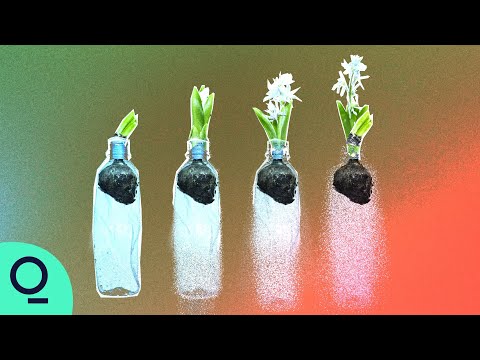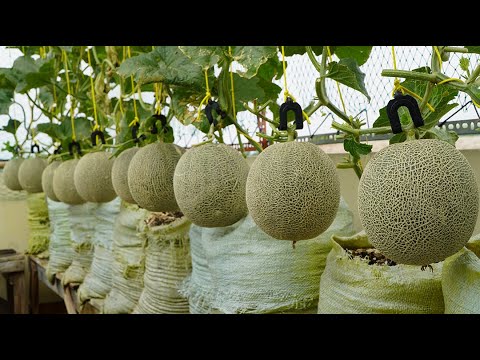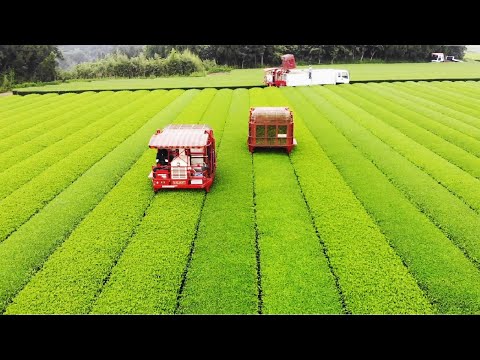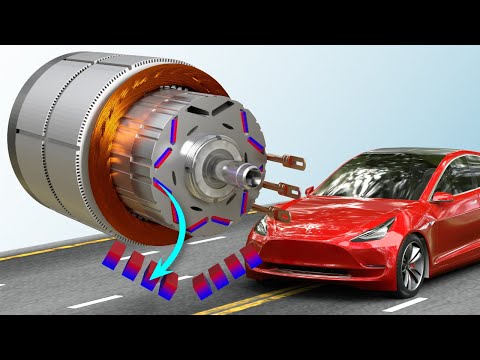How hybrid seeds have become big business
Big corporations have taken control of a vital commodity that is millions of years old: seeds. Researchers around the world are creating industrial hybrids of fruit and vegetables. What effect will this development have on human health?
Today, standardized seeds are traded as if they were gold. A few multinational agricultural corporations dominate this business, and earn billions in profits. They produce the seeds in low-wage countries, where working conditions are miserable; child labor and the exploitation of women workers is common in the seed-production sector.
Through multiple hybridizations, scientists are constantly producing redder, smoother, firmer fruit. Hybrid fruit and vegetables have a longer shelf-life, and look great in supermarkets -- but they are often short on taste and nutritional content.
Over the past 50 years, vegetables have lost 27% of their vitamin C, and nearly half of their iron. The hybrid seeds help to increase yields and increase corporate profits. Older, nutrient-rich and resilient varieties of fruit and vegetables eventually die out, which reduces biodiversity.
Farmers have fewer options on which crops they grow, and consumers have less choice when it comes to buying fruit and veg.












